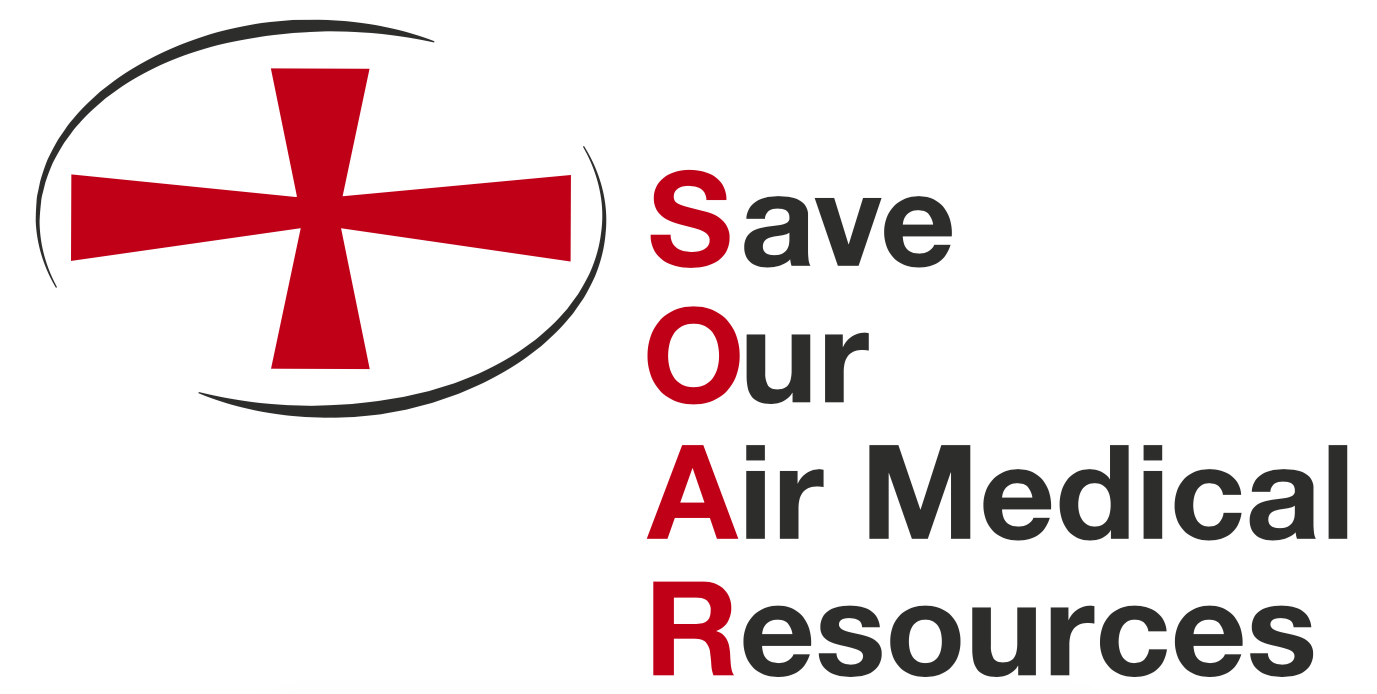The SOAR Campaign thanks Chairwoman Frederica Wilson (FL-24) and all the members of the Committee for calling today’s hearing to explore strategies on the important issue of surprise billing. This is a welcome first step toward finding real solutions to take patients out of the middle.
Largely missing from today’s discussion was the role that private insurers play in surprise billing. For example, narrow networks and medical necessity are routine ways in which insurers deny coverage of patient claims in order to increase profits. Recent media coverage has shown that Health Care Services Corporation, which runs Blue Cross Blue Shield plans in five states, spent only 63 percent of premiums on actual medical costs. Insurer Centene was recently fined $1.5 million because their networks provided inadequate access to providers. These practices by private insurers leave patients at risk from surprise bills.
Emergency air medical providers never want to see a patient receive a bill they did not expect or cannot afford. Air ambulances are called by first responders or medical professionals to transport patients to the closest, most appropriate healthcare facility in an emergency. Air ambulances never self-dispatch: they go when they are called, regardless of the patient’s ability to pay or their network status. Yet some private insurers leave patients with large bills because they refuse to negotiate. As a result, air ambulance providers have patient advocates who work with the patient to navigate the insurance appeals process and, in many cases, provide the patient with a discount on their bill. But insurance denials beg the question - if patients can’t rely on private insurance in an emergency, what is insurance for?
To take patients out of the middle, private insurers must negotiate a fair reimbursement to bring air medical providers in-network, which air ambulance providers want to do. This can be accomplished for a small increase in premium as shown by a Montana legislative study which found that for only $1.70 a month more in premium costs, air ambulance services would be covered. A similar study in Kentucky estimated that the increase would be between $0.92 and $3.69 per person per month.
Beyond that, however, Congress must pass legislation that would require the collection of data from the air medical industry so that Medicare reimbursement rates can be updated to reflect the actual cost of care. Seventy percent of patients flown by air are covered by Medicare, Medicaid or have no insurance, and rates haven’t been updated in almost 20 years. This is unsustainable.
The SOAR Campaign appreciates the Committee’s attention to this issue. Working together on solutions that address the root of the problem will protect patient access to these life-saving services.

